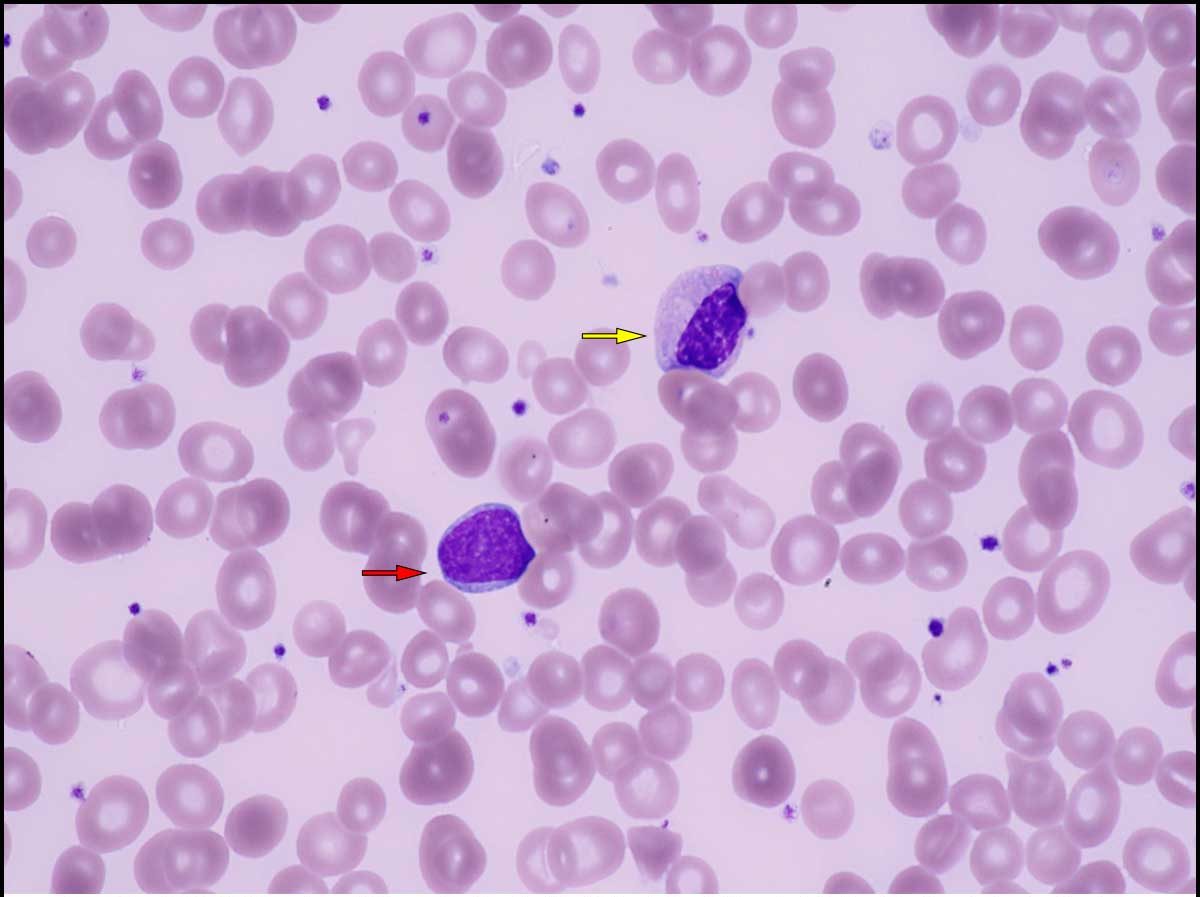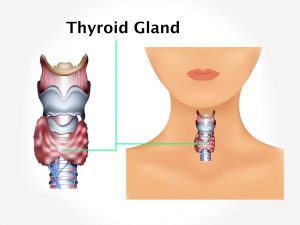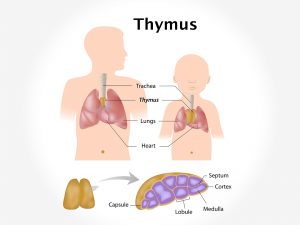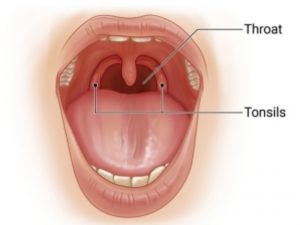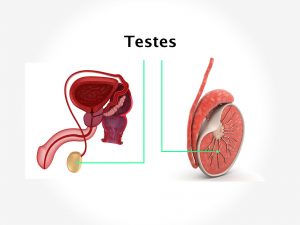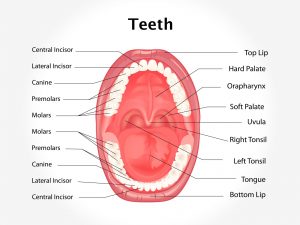Causes and risk factors
In Myelodysplastic syndrome the bone marrow is affected due to which the normal development of blood cells is affected. The blood cells remain immature and die in the bone marrow. Over a period of time these immature blood cells exceed in number than the healthy blood cells. The exact cause for this is not known, however certain predisposing factors have been put forth. Genetic factor is the main cause. Myelodyplastic syndromes can also develop as an adverse effect of the chemotherapy or radiation used in treatment of cancer.
Clinical presentation:
Myelodyplastic syndrome in its early stage does not show any kind of signs and symptoms. Later the patient can present with complaints of fatigue, shortness of breath, and development of pinpoint spots(petechia) under the skin. Easy bleeding from wounds occurs. The patient becomes more susceptible for easy bruising and on examination pale appearance of the skin is seen. (Pallor)
Investigations:
Diagnosis is done on the basis of symptoms narrated by the patient and the examination carried out by the doctor. A complete blood test, pheripheral blood smear, cytogenic analysis and Vitamin B12 levels and test for folate levels are recommended. In addition to these investigations bone marrow aspiration and biopsy, immuocytochemistry, immunophenotyping and flow cytometry test are also advised.
Treatment:
There is no specific treatment plan Myelodyplastic syndrome. Medication to improve the blood count and immunosuppressants are administered. Antibiotic therapy can also be started in cases of infection. Supportive care like blood transfusion and erythropoeisis stimulating agents are administered. Aggressive treatment with chemotherapy and stem cell transplantation is found to be effective.
Other modes of treatment:
Certain other modes of treatment can also be helpful in coping up the symptom. Taking into consideration the symptoms in holistic way, homoeopathy can offer a good aid for the relief of the symptoms.
